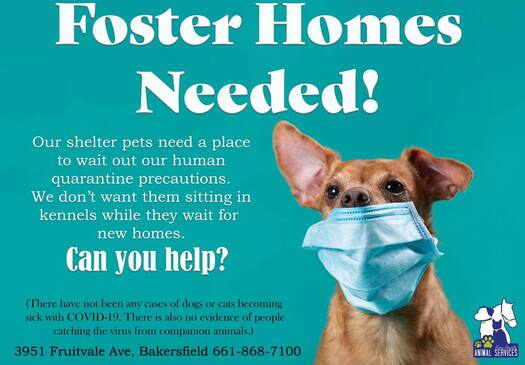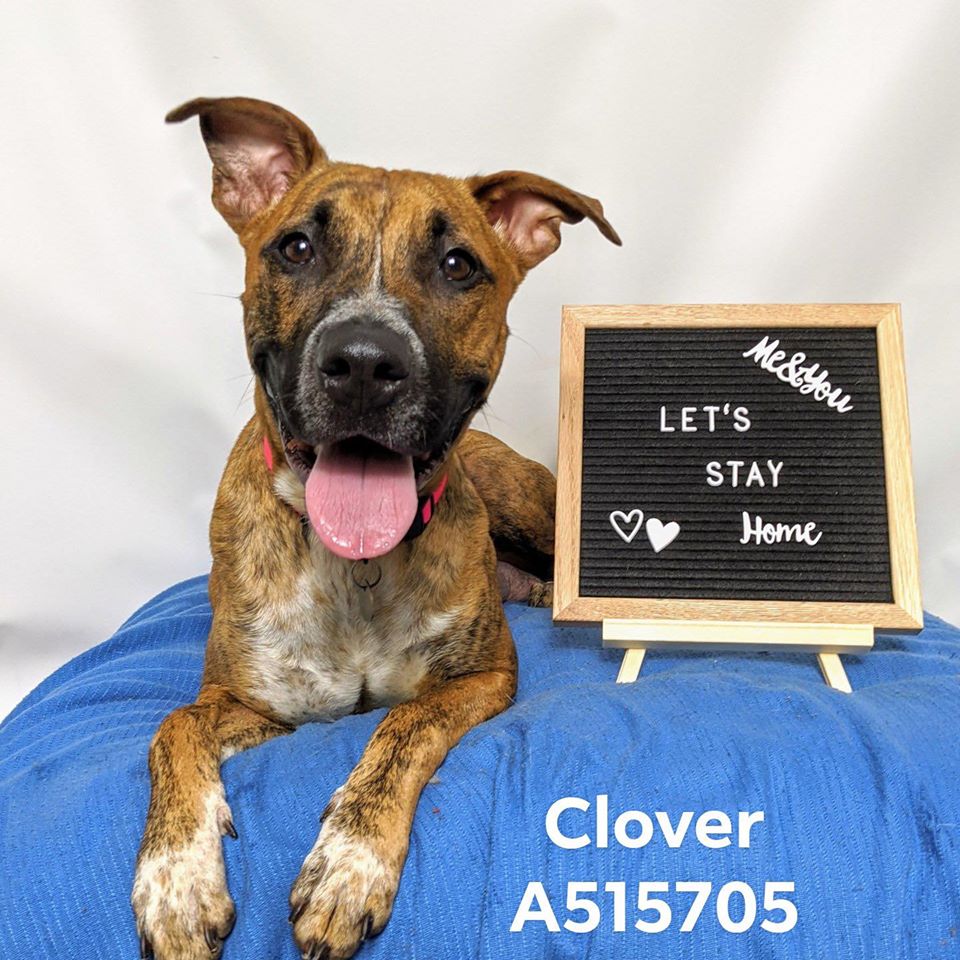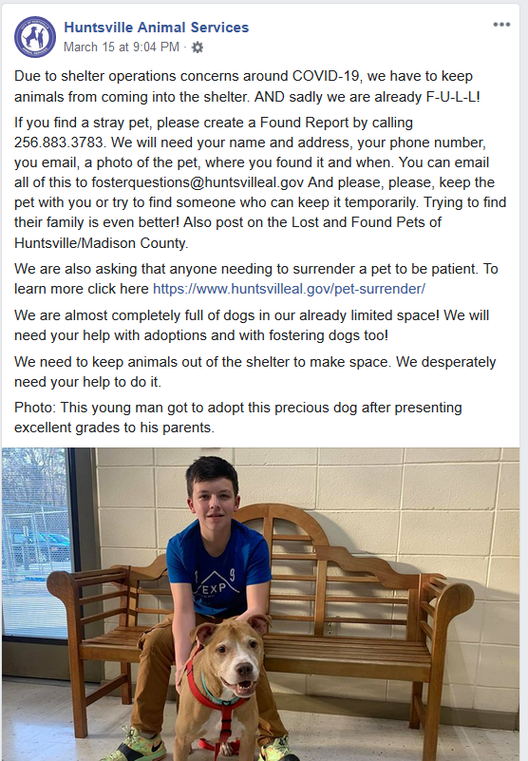|
It is obvious that our nation is in a state of crisis. The news of the COVID 19 pandemic is all around us. We’re all doing our best to get through this period together while changing our personal behavior to reduce the loss of life. The situation is evolving so rapidly that it’s enough to cause all of us to feel ill to some degree as we try to keep up. Stress levels are high. The pandemic affects every aspect of our daily lives and those effects extend to places we might not have expected. I got an email from an author contact of mine this morning, Cara Sue Achterberg, wondering what we can to about reports we are hearing that some animal shelters plan to destroy their entire populations of animals in anticipation that they will not be able to manage the intake of animals. I’ve seen posts on social media to the same effect. I’m honestly not sure how pervasive this “mass killing” problem really is on a national level. I've also read about people surrendering pets to shelters because they fear they can get COVID 19 from an animal. The information from the CDC about that rumor is here. Yes, this is a time of crisis. That’s the bad news. But there’s good news. Now is the perfect time to makes changes in the culture in our animal shelters and our communities to keep animals alive. We know how to reduce shelter intake. We know how to increase shelter output. The methods have been know for years. We do those things using the programs and services of the No Kill Equation which was developed by Nathan Winograd and about which I have written many times. Foster Programs Foster programs get animals out of shelters quickly. Many people are working from home. This is a great time for people to foster a shelter pet not only to free up shelter space, but to help the animal get adopted faster. Most animals behave completely differently in a home than they do inside a shelter, so fostering provides a great opportunity to learn more about them and to help them decompress. Photographs, video clips and information about the animals are then used for marketing purposes. I saw a Facebook post just this morning about the Kern County Animal Shelter which is doing drive-up foster pick up of animals to free up shelter space. (image courtesy of the Kern County Animal Services) Adoption Programs Promoting adoption of animals is always important, but now it is critically important. Shelters can use the media and social media to let the public know how to adopt an animal and what animals are available using adoption specials and promotions. In a time of crisis like this, shelters do well to either waive adoption fees (while still doing screening) or drastically reduce those fees. Many shelters have used this opportunity to reach the public about adoptions using humor. These images are from Huntsville Animal Services in Alabama, which is my local tax-funded shelter; they were taken by Kelly Jo (an incredibly talented Lead Kennel Attendant) and posted on the shelter's Facebook page. Just like now is a great time to foster a pet, now is a great time to adopt a pet. With so many people working from home, it provides a wonderful opportunity to help animals decompress from their shelter stay and get settled into a new home. (images courtesy of Kelly Jo) Pet Retention Programs Managed intake is more important now than ever. Most shelters are not obligated to take owned animals and they should not be taking them now. Shelters should be doing all they can to encourage pet retention to keep pets in existing homes or help people rehome pets themselves with family members, friends, co-workers of people they attend church with, know from social groups, etc. Now is a great time for shelters to share information about pet food banks or even partner with local rescue groups to provide free pet food to people who may have lost a job or otherwise be facing a financial crisis. Shelters can also share information about local veterinary resources (to resolve health conditions which may be causing undesirable pet behavior) and about local trainers and behaviorists (to resolve issues with pet behavior which may be the reason someone wants to surrender their pet to an animal shelter). In many cases, a desperate pet owner can be referred to a local rescue group for help. If an owner still insists they must surrender their pet, they should be put on a waiting list to do that once space becomes available. Community Involvement/Public Relations Shelters that work hard to keep their communities informed will always operate more efficiently, but now is the time to really ramp up public relations to get the animal-loving community involved. Use of the media - both television and radio - and social media is the bridge to connect shelters to the public which affects the number of animals entering shelters and the number of animals leaving shelters. Although many shelters assume the public is aware of the need to make better decisions and to adopt, foster, volunteer, etc. most people just don’t think about their local animal shelter unless it is put on their “personal radar” for some reason. If a shelter needs help from the community, it has to say so loudly, clearly and often. Tell people to take extraordinary steps to keep pets contained so they don’t end up in the shelter. Tell people what to do if their pet does go missing. Tell people about how the process works to foster and adopt animals. Tell people about the animals in the shelter who need to be fostered or adopted using images, video clips and information. An engaged public is a active public which can do amazing things in times of need, it only we tell people how they can help. The programs I covered above are just some of the programs of the No Kill Equation. Now is the time to get progressive. Now is the time to make better choices to keep animals alive with the help of the community. I hope that the rumors I’ve heard of shelters essentially “cleaning house” of both animals and bacteria are false. As I told Cara this morning, I think shelters will go one of two ways. Shelters led by progressive people or people who genuinely care will rise to the challenge. They will get creative and do everything possible to help their communities and keep animals alive. Regressive shelters led by people who remain willfully ignorant of progressive programs will likely use the crisis as an excuse to kill animals while making it sound like they are performing some Orwellian public service. What will your animal shelter do? Will it rise to the occasion or will it make excuses? No matter what happens at your local shelter in the weeks and months to come, remember that you are paying for it. These links are not directly related to this blog, but may be helpful for you regarding pets and COVID 19. General Links Animals and Coronavirus Disease 2019 COVID 19 and Animals FAQs from the CDC COVID 19 FAQs from the American Veterinary Medical Association How to Care for Dogs and Cats during Coronavirus
0 Comments
Your comment will be posted after it is approved.
Leave a Reply. |
AuthorI am an animal welfare advocate. My goal is to help people understand some basic issues related to companion animals in America. Awareness leads to education leads to action leads to change. Archives
July 2024
Categories
All
image courtesy of Terrah Johnson
|




 RSS Feed
RSS Feed